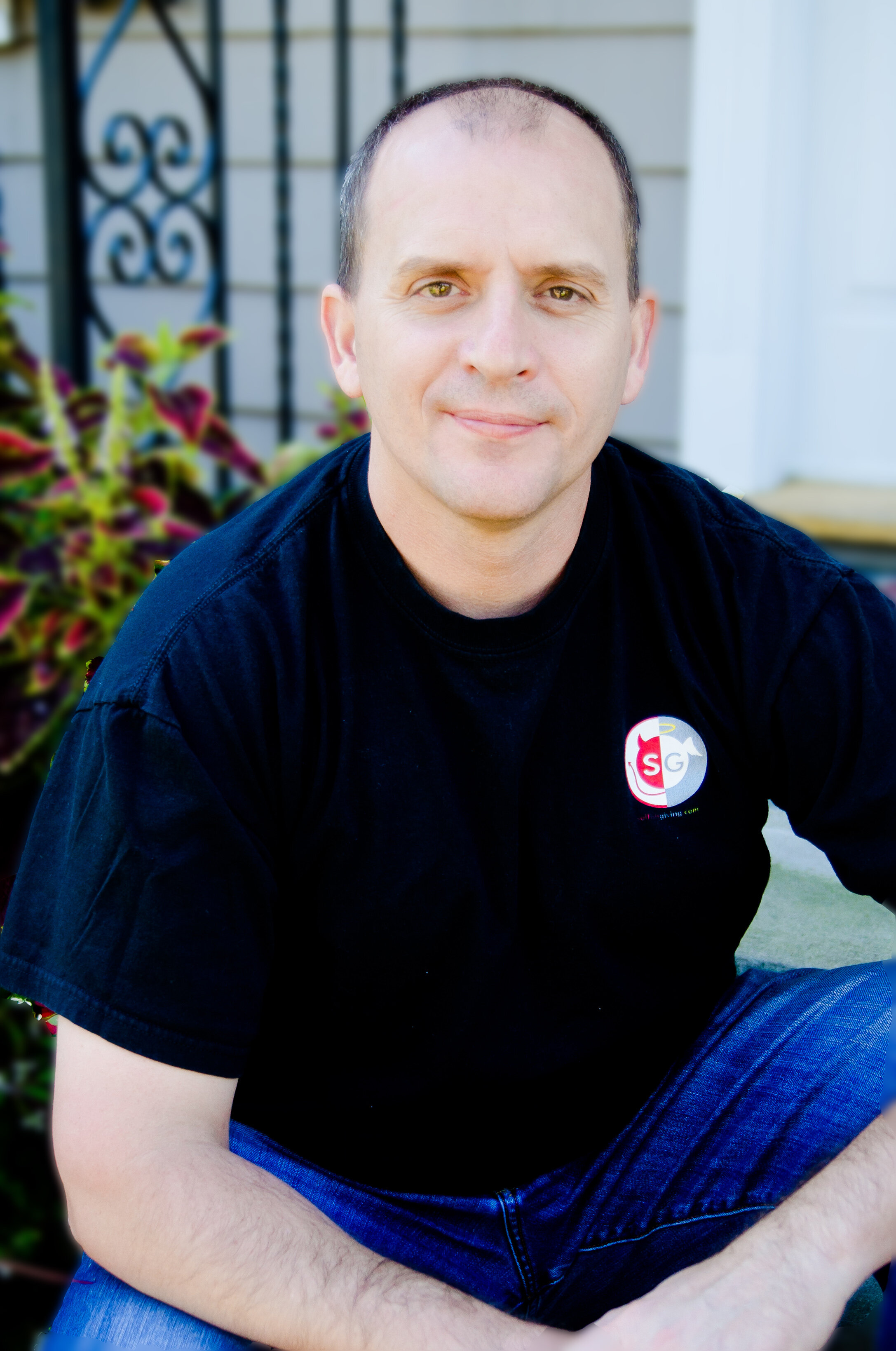A Strategy for People Who are Always Finding 'Great Ideas'
/I'm always looking for "great ideas." I love to scan Facebook, Twitter and all the email newsletters I get for useful and interesting ideas that I can write about and implement in my business.
I am a total sucker for clickbait headlines.
10 Ways to Drive More Traffic to Your Blog
Online Content: Is Longer Really Better?
Six Tips for Crafting Emails That Get Read & Clicked
I could click on posts like these all day.
Most of them aren't helpful - and I've gotten a lot better at weeding out the bad - but a few are. That's what keeps me clicking on them!
The downside of being a voracious reader and learner is that it sometimes comes at the cost of doing.
Internet marketer Pat Flynn describes the downside:
...I found that I was taking in so much great information, but I was hardly getting anything done with my business. Yes, I made progress in my business because I did block time out for implementation, but when I consider the hours and hours of time spent learnings things I’ve never implemented or didn’t even need to know, it makes me cringe a bit.
Does this sound like you? Forever reading but never acting on what you read? Or maybe you wish you were better at finding great ideas but have no idea where to start.
I've developed some key habits around digital reading and learning that I think can help. I know they've made a big difference for me.
Set Limits on Your Education Addiction
The good news is that having a learning addiction is a good thing. You can't live with most addictions. You have to eliminate them from your life. Fortunately, learning is a good addiction, but it has to SERVE YOU.
Let's start with email, which is the key way I get most of my information. I subscribe to a lot of newsletters. That way I don't have to go searching for anything. The information comes to me. But this makes my inbox a minefield as it's filled with juicy subject lines that are just begging to be opened!
I deal with this in three ways.
First, I only look at my emails twice a day. Once in the morning and then again in the evening. The only exception is when I have a little free time - like sitting in the car when I'm waiting for my daughter to get out of school. I try to use my spare time wisely for easy tasks like checking and responding to email.
Second, during the day I use a Chrome extension called Inbox When Ready for Gmail. This extension hides your Gmail inbox so you can search your archive or compose messages without getting distracted. It's a life saver!
Third, when I'm reading emails I'm a diligent about unsubscribing to newsletters that are no longer useful. This is a must to have any hope of reaching "inbox zero" every day.
I also set limits on social media.
Whenever I jump on Facebook or Twitter I limit myself to 10 minutes on each site. If I don't limit myself I quickly get sucked in, especially on Twitter, which I love!
I also use Twitter lists.
First, I have a "Watch" list for the people I want to follow closely. There are fewer than 100 people on this list. I look at these tweets first. Once a month I trim this list to keep it manageable.
Second, I have an "Influencer" list which has several hundred key people in it. Only after reviewing my "Watch" and "Influencer" list do I go to my "Home" list to read the tweets that are coming in from everyone that I follow (and only if I have time!).
Setting limits work.
But what about when you are actually reading emails, updates and tweets? You still have tons of information to sort through! What do you do with all the things you find relevant, useful and interesting?
That leads to my next step, curation.
Save the Posts You Want to Read later
When I find something I want to read, I have two choices:
- Read it now
- Read it later
I almost always choose the latter. That's why I'm thankful for Pocket, an application that lets me save anything I find on the web.
Twice a day I review my emails and click on the links I want to read. I quickly review the posts to make sure they are worth keeping then, via a bookmarklet on my browser, I save them to Pocket. I can do the same thing on my iPhone.
Now that posts are safely tucked away in Pocket I can view them whenever I want. Most nights I try to review what I saved to Pocket for that day. I read some of the posts and delete others. When posts are valuable but not timely, I'll take the extra step of tagging them in Pocket.
For example, if I read an article that would make a great topic for a future blog post I tag it "Blog Ideas." When I need a topic to write about, I check under that tag first.
It's a great system and it works for me.
One of the benefits is that I'm creating my own personal search engine. So if I want to read posts on how the best microphones for podcasting I don't go to Google first. I go to Pocket and check what's saved under my "podcasting" tag.
During a long flight I'll use the offline version of Pocket to review as many article as I can. I read, delete and tag as needed. Truthfully, I'll never get through all the things I've saved on Pocket. But that's not the point. Thanks to the search and tag function in Pocket relevant articles are always available to me and storage isn't an issue on Pocket.
Did I mention that Pocket is FREE?
Focus on One thing
This is the tough part. After sorting through dozen of posts every day and coming up with the best of the best things to read, watch and listen to, the question becomes: "What should I focus on first?"
I'm a very curious person and want to read everything! But that's not very practical. When I 'm not busy I can afford to be unpractical. I love those days! But most of the time I have to focus. But on what?
I've been using my approach for a while now, but it wasn't until a couple of years ago that I discovered a name for it: Just in time learning.
Bret over at the Sales Experiment explains:
Just in time learning is a practice whereby you focus solely on learning what you need to learn to achieve the next step in a current project.
So which posts should you read? Focus on the ones that relate most to a current project. Everything else is extraneous.
Remember, your curiosity is an asset. But as a busy professional you need to balance reading and learning with action.
- Put limits on the time you spend reviewing emails and social media. If you're active on Twitter, use Twitter Lists to prioritize tweets.
- When you find things you want to read, use Pocket to save them for later. Tag, tag, tag.
- Focus your reading on posts that are most related to your current work.
Of course, you use your free time as you wish. Read what you want! Reading for pleasure is truly a pleasure. But reading for action requires a plan. I hope you'll give my plan a try. Let me know how it goes.


